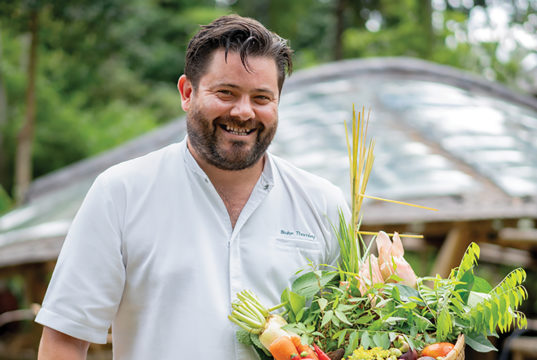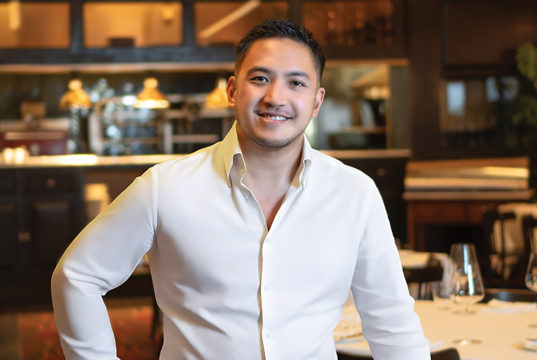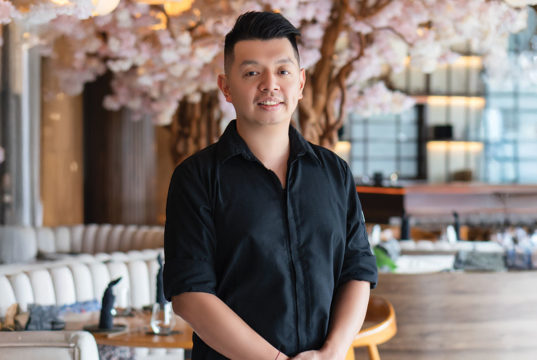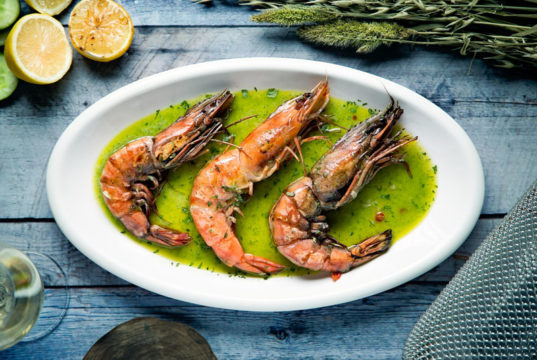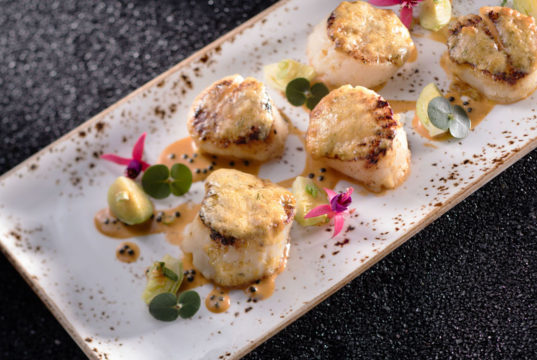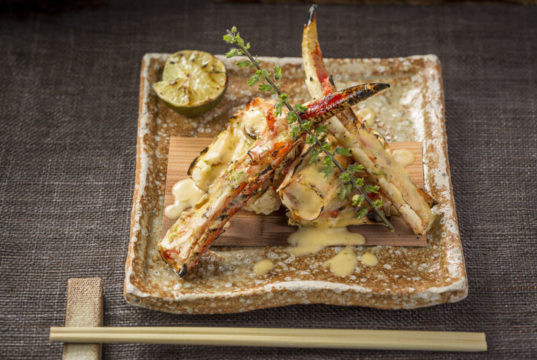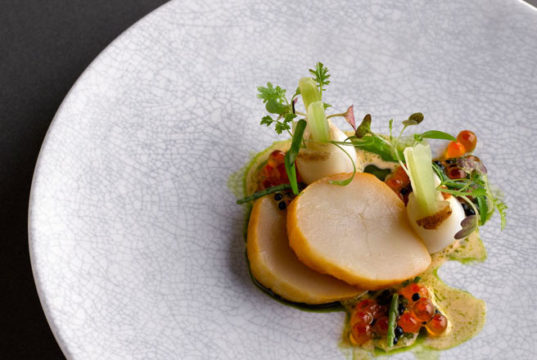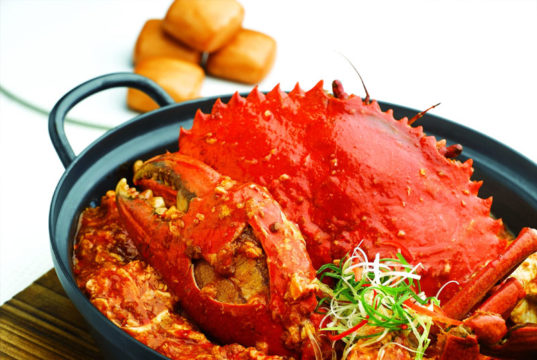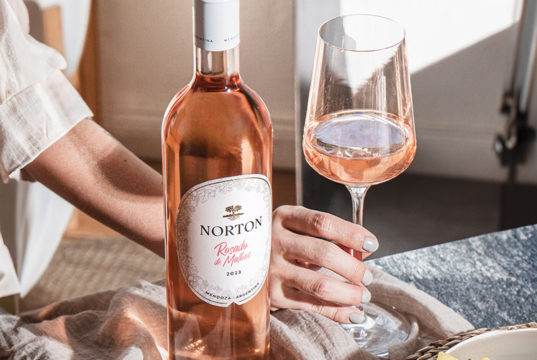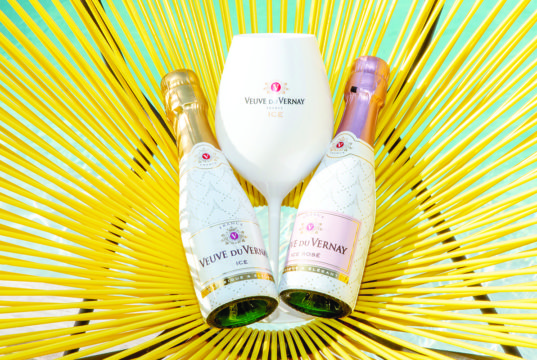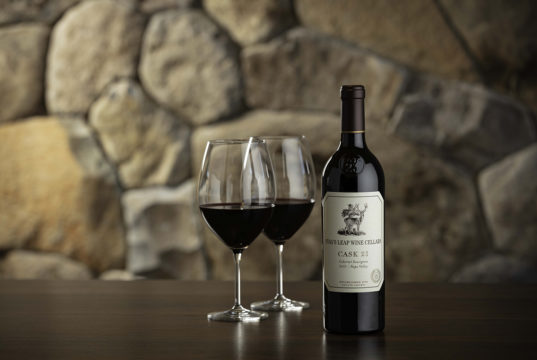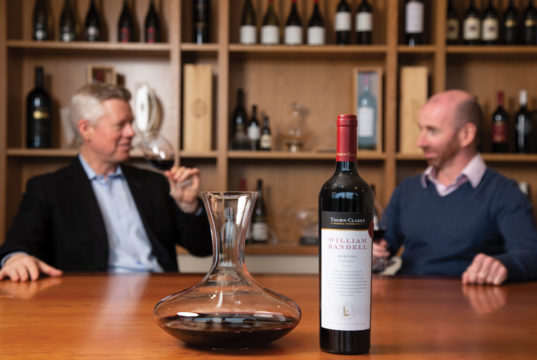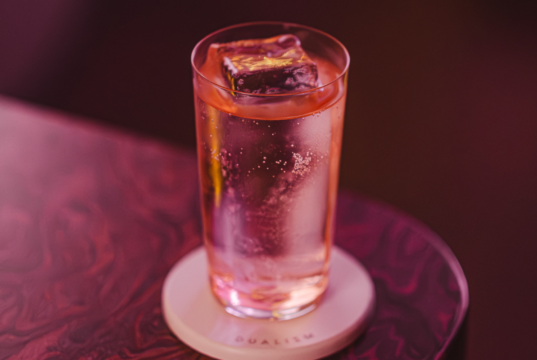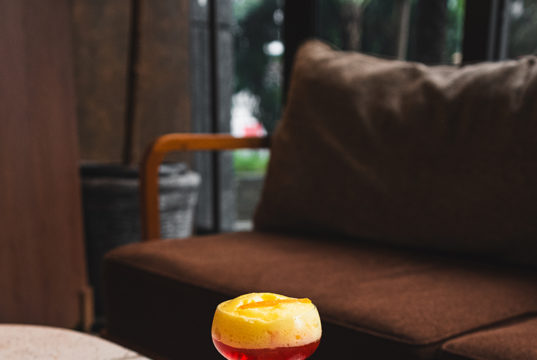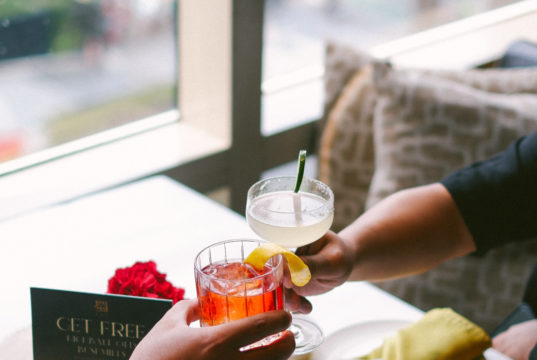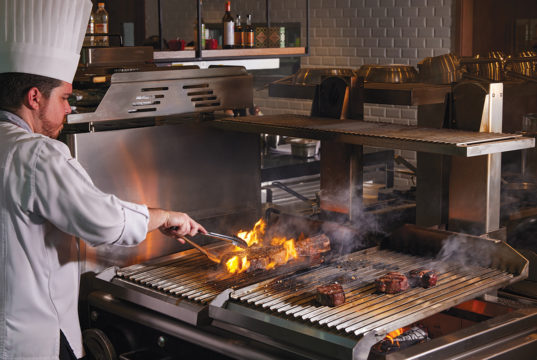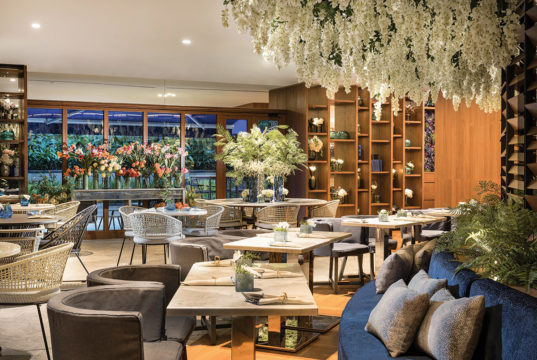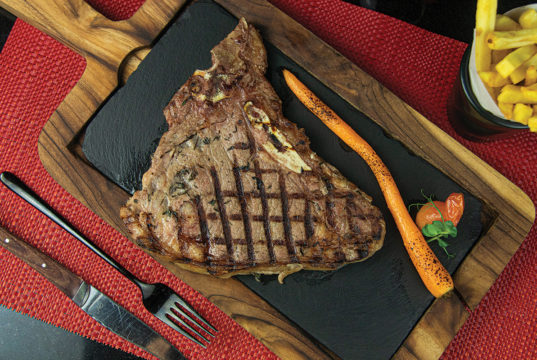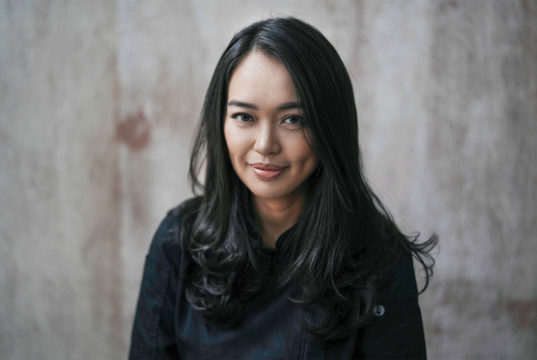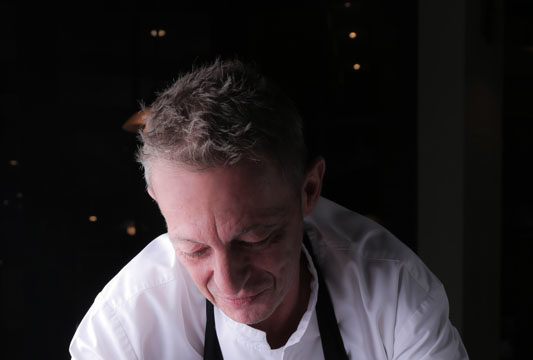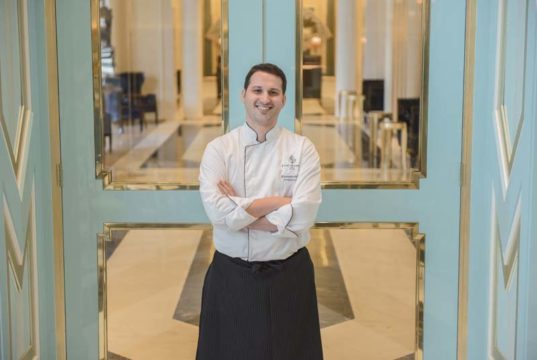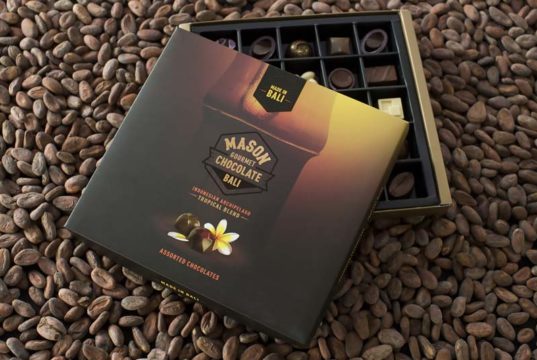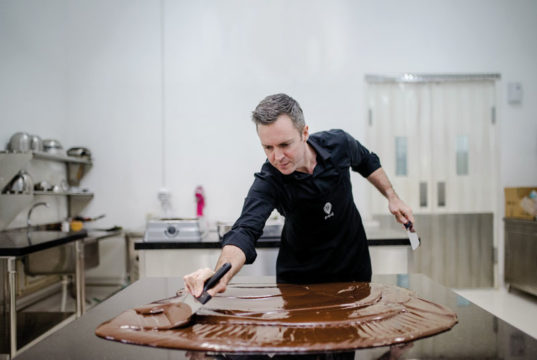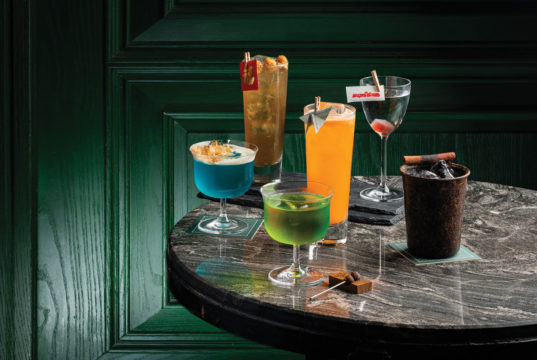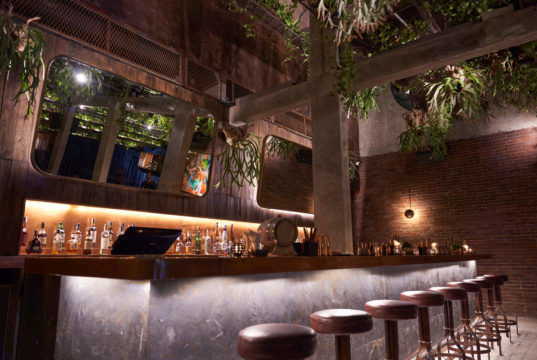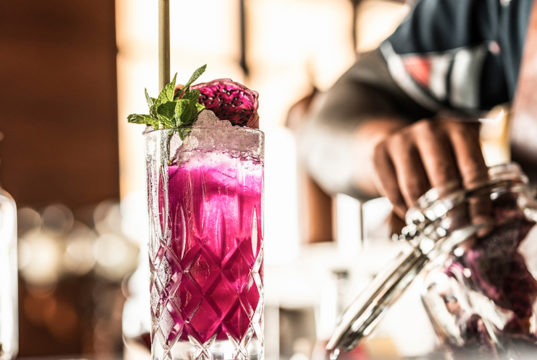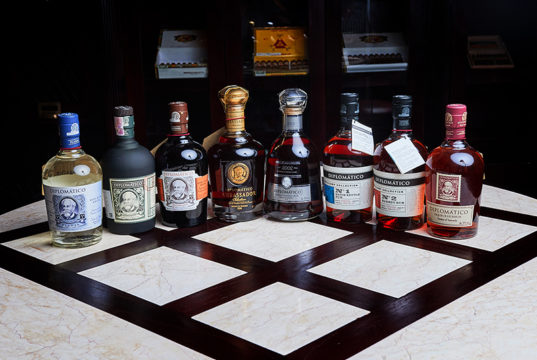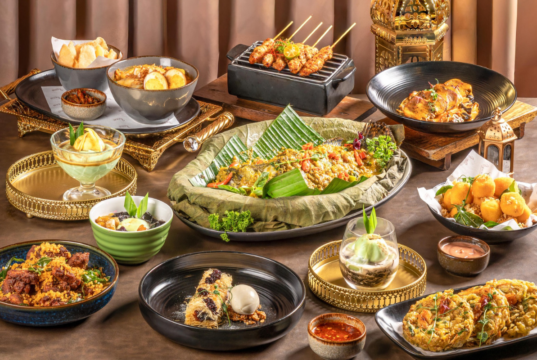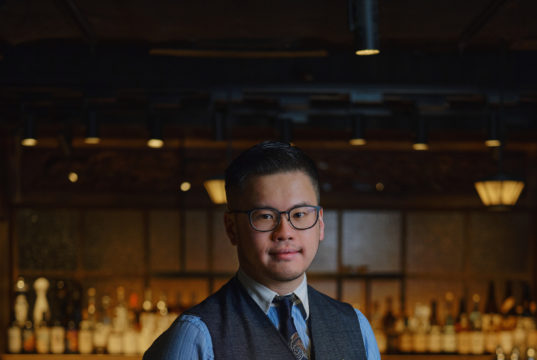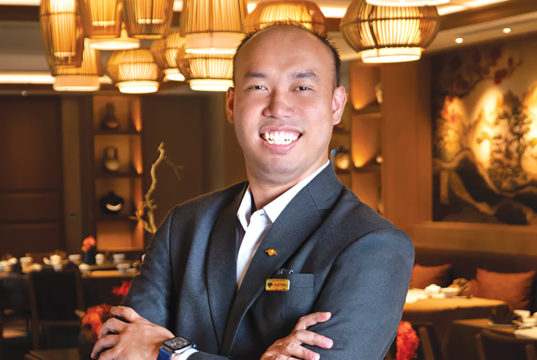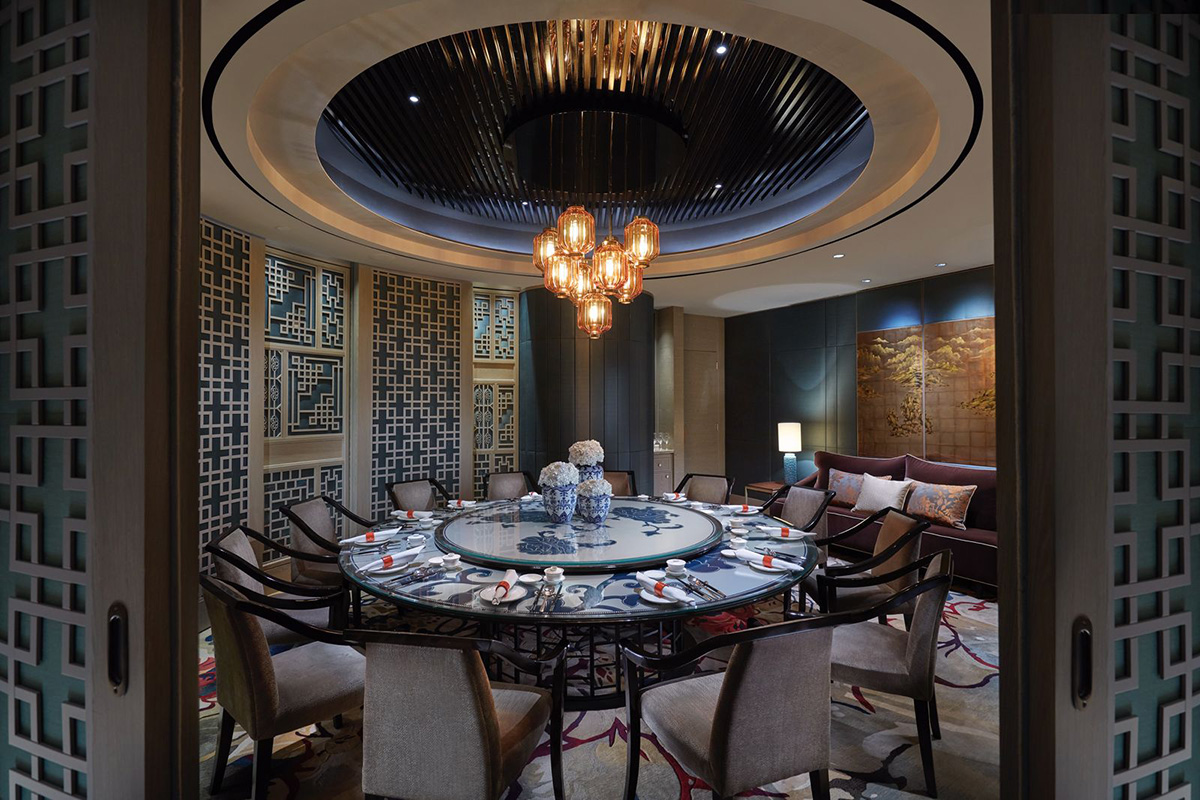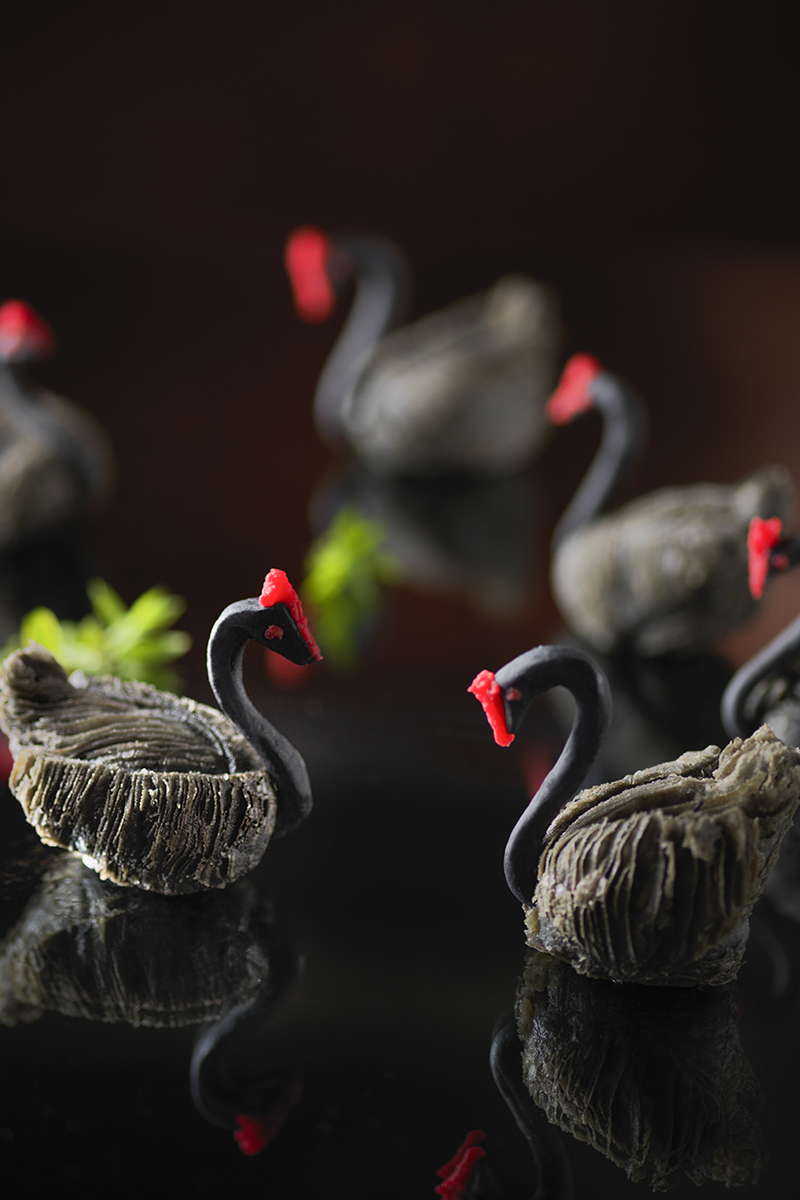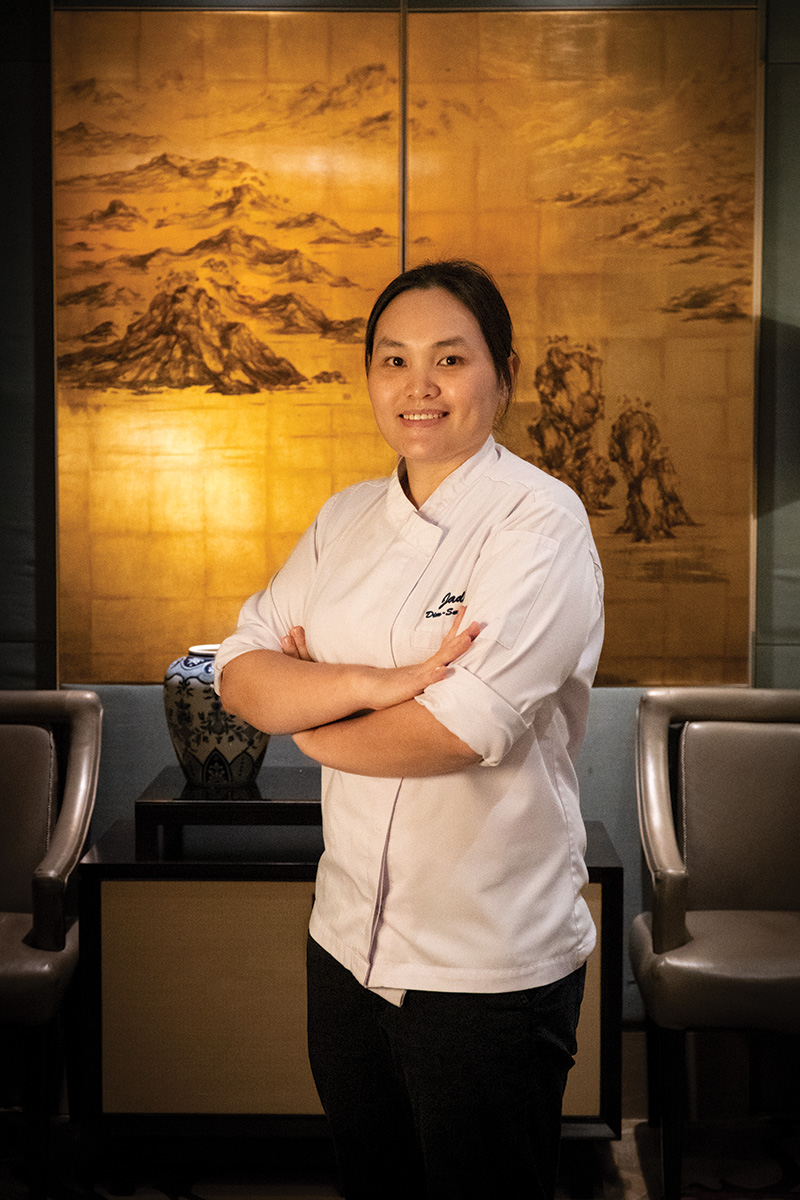
If you’re not familiar with Chef Lee Siow Geok, or mostly known as Chef Jade, it’s quite understandable.
Her position as the dim sum chef at Mandarin Oriental, Jakarta’s renowned Cantonese restaurant, Li Feng,
and her humble demeanour make her comfortable being behind the scene. Yet, everyone who has been to Li Feng must have enjoyed her amazing creations – be it elaborate dim sum creations or elegant handmade mooncakes.
We talked to the super busy chef about her career.
– by Rizki Pradana –
E: Tell us about how you started cooking and how it took you into the hospitality industry.
A: When I was a little kid, my dream was to become a chef. Now, my dream has come true. I’ve worked in this industry for almost 12 years. I have faced a lot of challenges in my career. I have also participated in many competitions to train my culinary skills and increase my knowledge. Becoming a chef is knowing that gender is not the defining factor for success, and ultimately, it’s all about the flavours that you bring to the table.
E: Tell us about your culinary journey before joining Mandarin Oriental, Jakarta?
A: I started as an apprentice and learned to make dim sum when I joined my first hotel job at Mandarin Oriental, Kuala Lumpur for three and a half years. Then I went to Sime Darby Group for two years as chef de partie, before becoming the head chef, being in charge of the Asian cuisine for two years.
E: What is the difference between working in Kuala Lumpur and Jakarta?
A: There are a few differences between Kuala Lumpur and Jakarta, among them are cultural influences, as well as ingredients and flavours. The Chinese cuisine in Kuala Lumpur is influenced by a mix of Cantonese, Hokkien, Hakka and Teochew traditions. These culinary styles have evolved over generations and are well-represented in the city’s vibrant food scene. While in Jakarta, the Chinese cuisine is quite similar, but with a dash of Peranakan (Chinese-Indonesian) flavours. The use of local ingredients and spices gives Jakarta’s Chinese dishes a unique twist.
E: You’re responsible for Mandarin Oriental, Jakarta’s mooncake production every year. Can you tell us about it?
A: Certainly. We take great pride in the annual mooncake production for the Mid-Autumn Festival. These exquisite mooncakes are handcrafted by me and my team, using the finest ingredients and traditional wooden moulds. Last year our mooncakes come in four scrumptious flavours: black sesame with salted egg yolk, white lotus with salted egg yolk, green tea and red bean paste with almonds. In addition, we also broke the record for the highest mooncake sales in the hotel’s history.
E: In your own words, what do you think is the Li Feng experience?
A: You can enjoy exquisite culinary delicacies beautifully presented with a surprising modern twist at Li Feng. The tempting menu presents a delicious and flawless blend of traditional Cantonese dishes offered alongside creative contemporary renditions of classic favourites.
E: What do you think is your biggest achievement in your career so far?
A: My biggest achievement in my career so far is continuously improving my skills and adapting to new challenges but also broadened my network. Throughout my professional journey, I’ve had the opportunity to learn, grow and contribute to various projects. Whether it’s mastering a new language, successfully leading a team, or delivering impactful solutions, each milestone has been a stepping stone toward personal and professional development.
E: What do you think is the best dish that you have ever created, especially one that we can find at Li Feng?
A: I would say, the signature creations for lunch and dinner at Li Feng, such as Swan Dumpling with black pepper duck meat, Butterfly Pea Shrimp with asparagus dumpling, Phoenix Shrimp Dumpling with egg white crab roe, morel mushroom with goldfish prawn dumpling and Blueberry Snow Skin Dumpling.
Black Swan Dumpling
INGREDIENTS
Dough skin
- 950g fairy flour
- 300g local flour
- 30g charcoal powder
- 50g egg
- 180g shortening
- 500g water
- 65g sugar
Dry ingredients
- 15 bay leaves
- 35g thyme leaves
- 35g smoked paprika
Oil dough
- 600g fairy flour
- 600g shortening
- 100g butter
- 30g charcoal powder
Filling
- 1kg roasted duck
- 200g black pepper sauce
- 150g carrots
- 150g string beans
- 100g red onion
- 30g chicken powder
- 50g sugar
- 80g dark soya
METHOD
Swan dough
- Make the skin dough by mixing all the flour, shortening, egg, charcoal powder and water.
- For the oil dough, mix all the flour, shortening, butter and charcoal powder.
- Roll up the skin dough with oil dough into a flat shape and fold three to four times for the layers.
- After finished folding the dough, place in chiller overnight. This is ready to use.
- Take out the chilled dough, cut in long tapes of three centimetres wide. Roll up in a thin sheet, use round cutter cut into circular dumpling skins.
Duck filling
- Debone the roasted duck and dice. Furthermore, dice the carrots, string beans and red onions.
- Heat up oil in a wok, sauté the roasted duck with the vegetables until fragrant.
- Add in all seasoning and black pepper sauce, stir well.
- Lastly, thicken with potato starch water.
Dumpling
- Insert the duck filling in the dough, close the skin and make the swan shape.
- Deep fry the dumpling for eight minutes.
- Ready to serve.
Exquisite Taste Volume 44
Li Feng
Mandarin Oriental, Jakarta
Jalan M.H. Thamrin
Jakarta 10310, Indonesia
T: (+62) 2129938824
W: mandarinoriental.com/jakarta
IG: @mo_jakarta




